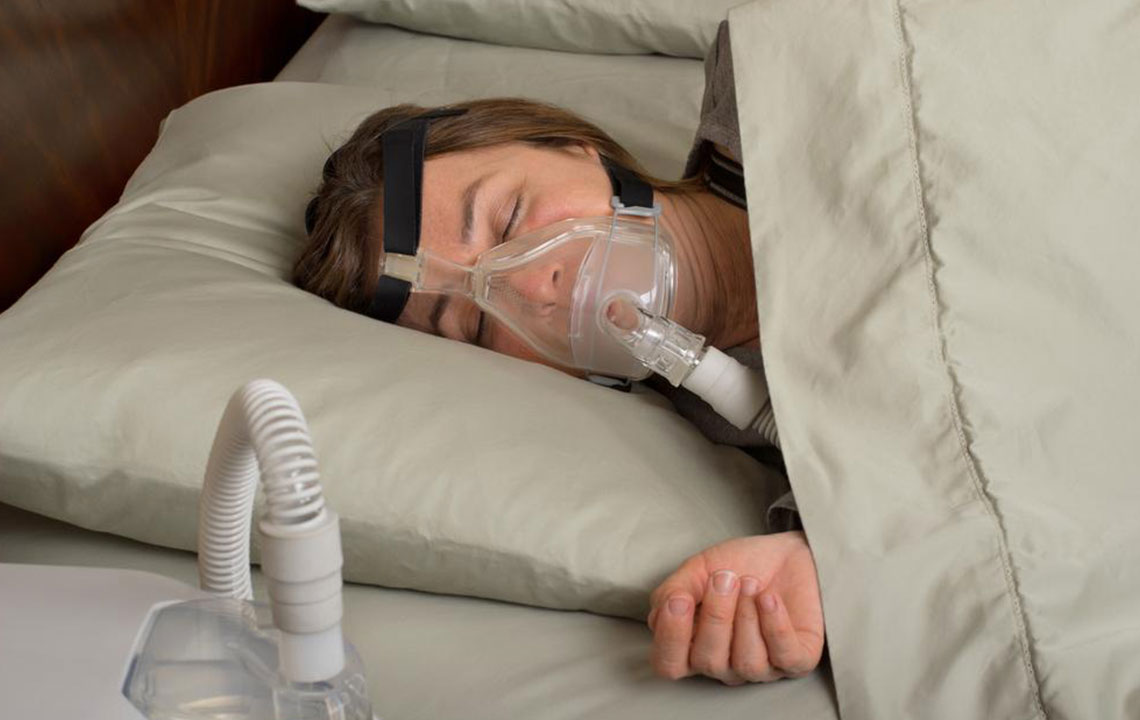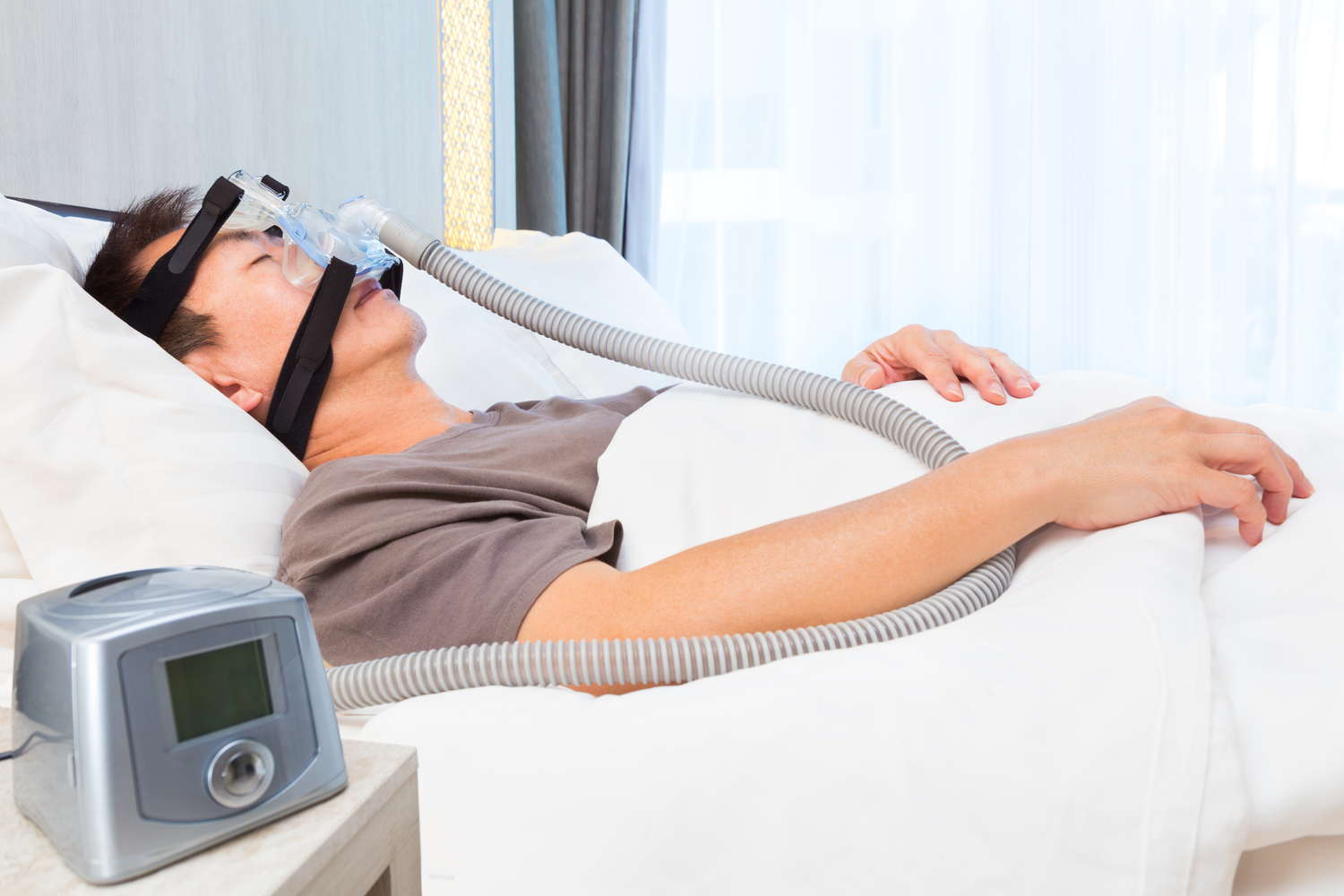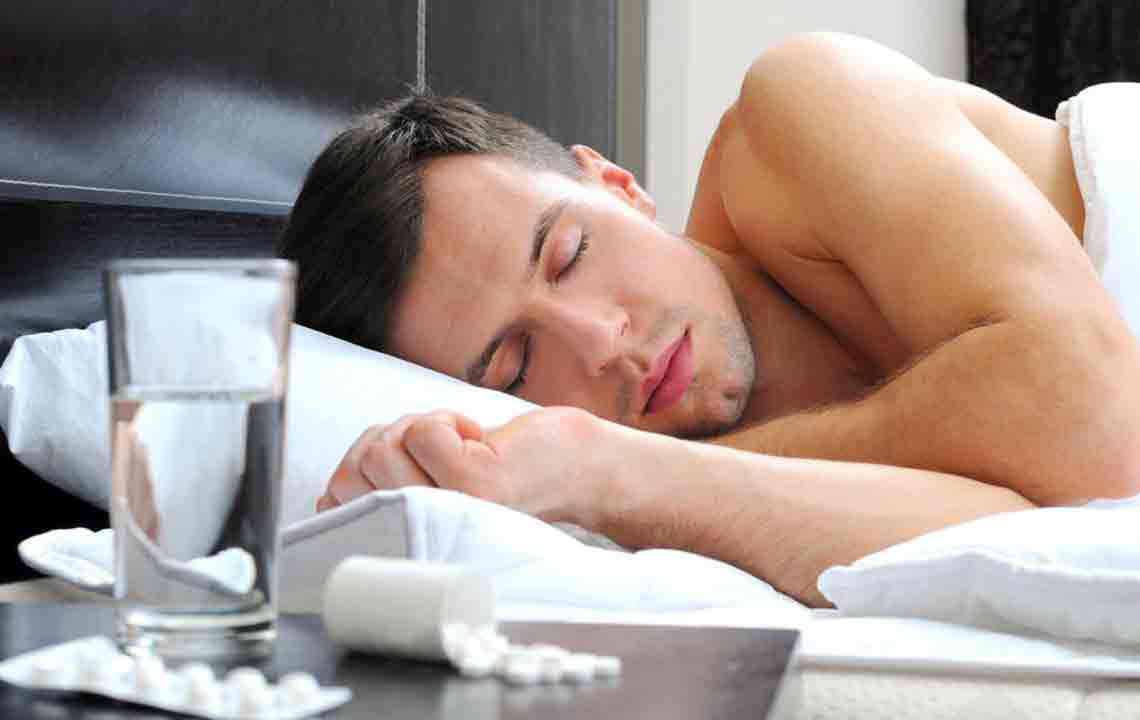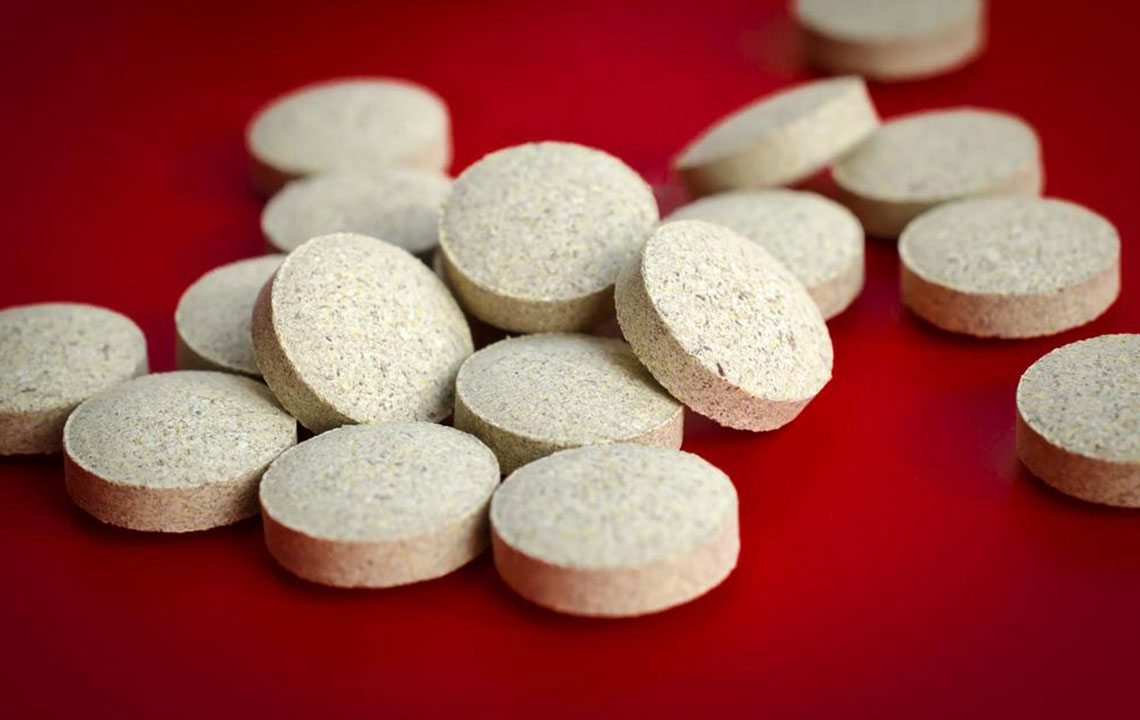Top Oral Devices for Sleep Apnea Relief
Discover effective oral devices for managing sleep apnea, including mandibular advancement devices, tongue retainers, and custom-fit appliances. These portable, comfortable solutions help keep airways open, reducing snoring and improving sleep quality. Consulting a dental or sleep specialist ensures proper fit and maximum benefit. This article reviews various options suitable for mild to moderate cases, emphasizing the importance of personalized treatment and regular follow-up for optimal results.

Top Oral Devices for Sleep Apnea Relief
Sleep apnea disrupts breathing during sleep, leading to low oxygen levels in the body and brain. If untreated, it can cause fatigue and other health issues.
Oral devices, including mouthguards, are effective non-invasive options to manage sleep apnea. These devices realign the jaw and tongue to keep the airway open, promoting better sleep quality and oxygen flow.
Designed to resemble orthodontic retainers or mouthguards, these portable, comfortable appliances are convenient for travel and daily use.
Mandibular Advancement Devices (MAD)
These are the most common sleep apnea mouthpieces. They push the lower jaw forward to increase airway space and prevent collapse during sleep, with the tongue helping keep the airway open.
Tongue Retaining Devices (TRD)
TRDs hold the tongue in a forward position, maintaining an open airway without moving the jaw. They are easy to use and often preferred for comfort, though they need time to adapt.
Combined Therapy with CPAP and Oral Devices
For severe cases, combining continuous positive airway pressure (CPAP) with custom oral appliances can improve treatment outcomes. These devices support CPAP therapy and may lower necessary pressure levels.
Thermoplastic Bite Devices
Molded from heat-activated plastic, these are affordable and easy to customize at home. However, their durability may be limited for long-term use.
Custom-Fitted Devices
Made by dental professionals based on mouth impressions, these offer superior fit and effectiveness. Though more costly, they provide personalized relief for sleep apnea symptoms.
Properly fitted oral devices help maintain an open airway by supporting the jaw or tongue, reducing snoring and sleep disturbances. A consultation with a sleep-trained dentist ensures optimal comfort and effectiveness. While CPAP remains the primary treatment, many favor oral appliances for their portability and comfort, especially in mild to moderate cases. Studies show these devices reduce snoring in 90% of users and effectively treat moderate sleep apnea in 70%. Regular use and follow-up appointments are vital to monitor progress. Custom treatment plans are essential, as individual responses vary.
Note:
This guide highlights effective oral devices for sleep apnea management. Consulting a healthcare professional specializes in sleep disorders is recommended for personalized therapy. The information provided is for educational purposes and may not include all available options or recent advancements.


